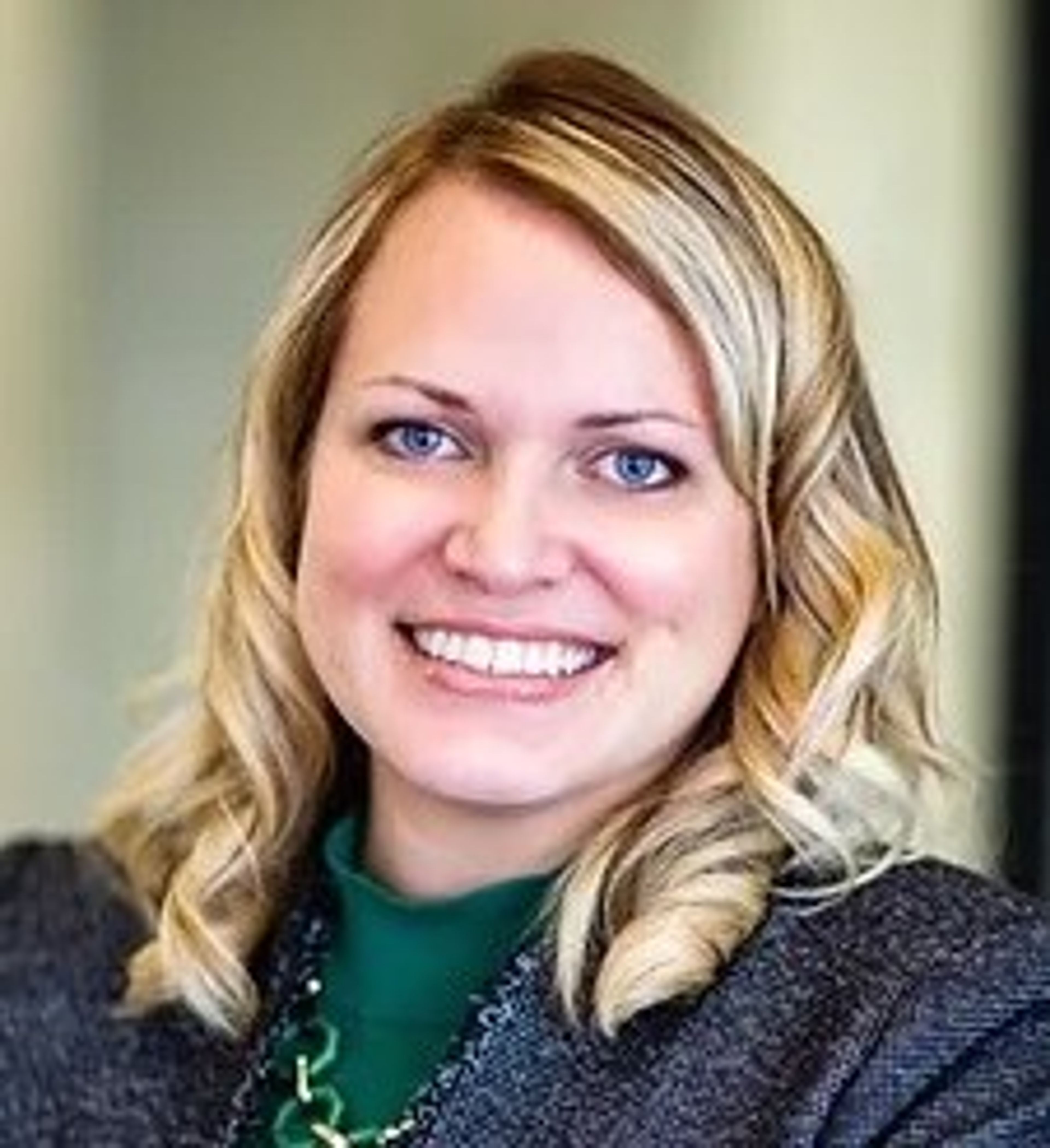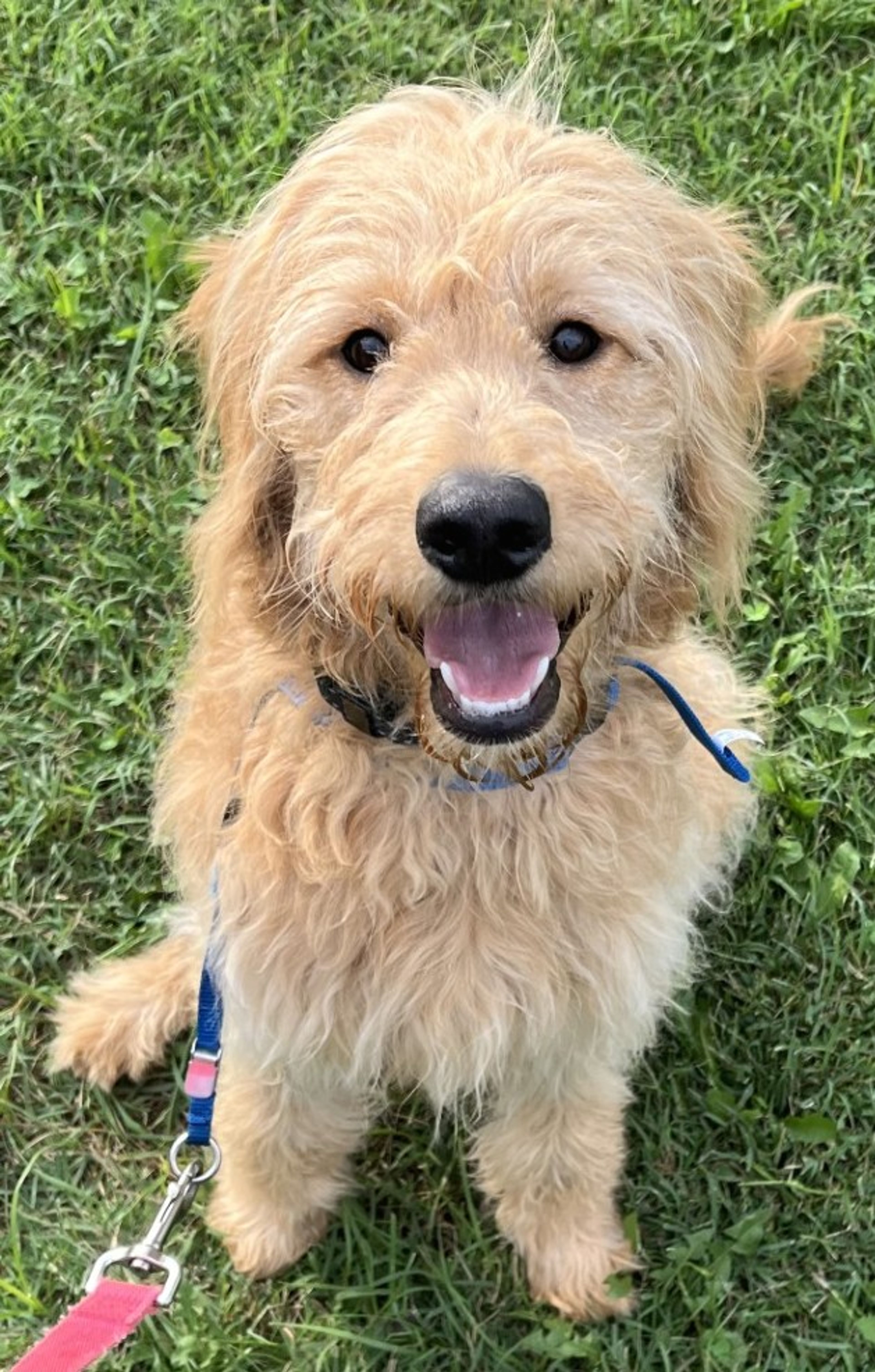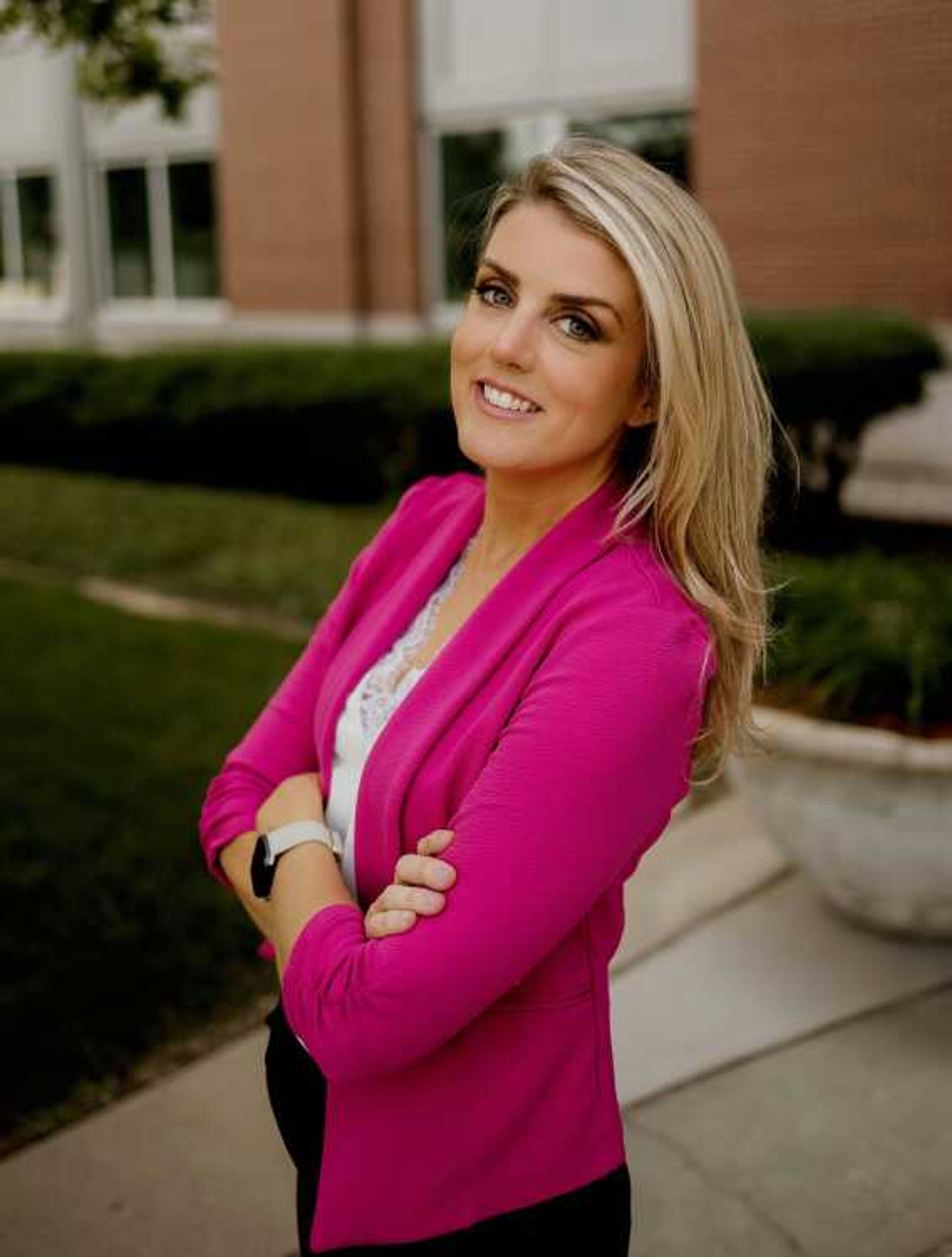From nothing, Enron grew to become one of the top U.S. firms, but it turned out that the Houston-based energy company's success was little more than an intricate con.
In essence, Enron lied about its profits and now faces a range of accusations, most notably for using a shell game to shuffle debts so they were hidden from the company's accounts.
It has left investors, employees and pension holders -- not to mention politicians -- enraged and insisting on knowing why Enron's ethical shortcomings were not spotted sooner.
It's a good question and one that all business owners and workers should consider when looking at their own company.
"People make decisions using ethics every day," said Judy Wiles, an associate professor of marketing at Southeast Missouri State University who teaches a class on business ethics.
"You could possibly cheat someone or tell a lie or do something for personal gain," she said. "Every day we're choosing to act in an ethical or unethical way."
A 'family-type' structure
Those decisions could be far-reaching, affecting profits, customers, employees or stockholders, Wiles said. When making a decision, those groups should be considered.
"If we're doing something to harm any of those groups, we should question it," Wiles said. "It comes down to the concept of rights. Are there some human rights violated by our behaviors? That's the question people need to be asking themselves."
Wiles said many companies are probably not structured in their ethical training. She said they probably practice ethics in a more "naturalistic, family-type" way.
"It's understood that if you harm your stakeholders, it's going to harm you," she said. "A lot of it's based on instincts. But instincts should be based on experience and knowledge of working with people."
Wiles said most Fortune 500 companies offer ethics training, which include a discussion of values, what is important to the company and compliance measures.
"To what degree it's practiced depends on leadership," she said. "The problem with Enron was leadership. They weren't doing a very good job auditing and monitoring."
Locally, area businesspeople said ethics has been talked about more since the Enron fiasco.
"It's changed things," said Joel Neikirk, vice president of operations for MidAmerica Hotels Corp. "We've been a little more callous and cautious about getting qualified people that have the same beliefs and morals."
Neikirk has a unique perspective, considering that he's a former manager with Arthur Anderson, the Chicago-based accounting firm that worked for Enron and now finds itself embroiled in the controversy.
"I can appreciate the stress they're going through," he said. "There are still a number of my colleagues that work there."
Easier said than done
Neikirk said it's difficult to interview people while looking for character traits.
"You just hope that through due diligence and behavior assessment, you put the right people in the right jobs that make good moral decisions," he said. "It's easier said than done, but you do your best."
At Dana Corp., plant manager Larry Dillon said they don't talk about Enron, but it's in the air.
"There's a higher level of awareness because of some of the practices they had," Dillon said. "Not that we ever tried to pump up our numbers. That just doesn't serve you well."
Dana, which has 300 plants worldwide, is the manufacturer of components for center sections of driving axles for vehicles and employs about 360 people locally.
Dillon said they have a written code of conduct at Dana, but their main strategy is to not hire anyone from outside the company to managerial positions.
"They're going to have a track record and a history on them before they ever become a manager at Dana," Dillon said. "But when it comes to ethics, it's just what you do. There's not some business ethics radar going on within you all the time. Either you're ethical or you're not."
Trust at any workplace is critical, said Bill Hinckley, manager at BioKyowa, which opened its swine and poultry supplement plant here in 1982 and now employs about 200 workers.
"You have to have trust," he said. "If you don't have mutual trust, you can never have decent teamwork."
Even at lower levels, ethics comes into play, Hinckley said.
"If a guy makes a mistake or if something goes wrong, he faces the ethical decision to go tell his boss that he messed up so that it can be corrected, or he can just keep his mouth shut," Hinckley said.
Company leaders also face ethical decisions, he said, such as providing adequate employee safety instead of cutting corners to save money.
Hinckley said it's hard to know if he's hired an honest person right away.
"I don't think you can say a person is ethical or not until you work with them," he said. "I think the best you can do is make a judgment as you're interviewing the person. It gets subjective, and that cannot be the only basis for not hiring somebody, but I think it all factors in."
'Ethical landmines'
At Enron, the ethical fire alarm didn't sound because corporate leaders ignored their own codes of conduct, said Stuart Gilman, the president of Ethics Resource Center in Washington, D.C.
"The vast majorities of businesses and corporations want to do the right thing," Gilman said. "What Enron reminds us of is how vulnerable organizations are to ethical landmines."
Those landmines are legion, Gilman said, and to be effective, codes of conduct need to be actual living documents, not just framed pieces of paper hanging on company walls.
Thoughtful and effective corporate codes provide guidance for making ethical business decisions that balance conflicting interests, he said. Such codes need to be implemented through effective polices, implementation and training.
While those are all practical ideas, most people know intrinsically to be honest and fair -- at least that's what Wiles, the professor, believes.
"We want to be respected, so we're going to do what gets us respect from family and friends," she said. "That's what leads people to ethical behavior. Once in a while we fail, but overall, we do well."
smoyers@semissourian.com
335-6611, extension 137
Connect with the Southeast Missourian Newsroom:
For corrections to this story or other insights for the editor, click here. To submit a letter to the editor, click here. To learn about the Southeast Missourian’s AI Policy, click here.








